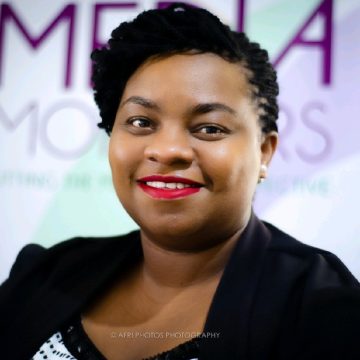By Chipo Gudhe
Zimbabwean media needs to align its reporting on LGBTQ issues with international standards to foster diversity, human rights and social cohesion, Media Monitors Zimbabwe Director, Farisai Chaniwa said today.
Presenting findings from a baseline analysis conducted between January and July 2025, Chaniwa said Zimbabwean coverage of LGBTQ issues remains inconsistent, often marked by sensationalism, exclusion of voices, and negative framing. The study monitored 72 stories across print, broadcast, online and social media platforms.
“Of the stories we identified, 59 percent were neutral, 23 percent positive and 18 percent negative. While neutrality dominates, the persistence of negative framing, especially on social media, remains a concern,” Chaniwa told journalists.
She noted that coverage was often dominated by moral panic narratives (35 percent), scandals and stigma (30 percent), and “foreign threat” framing (25 percent), which cast LGBTQ rights as a Western imposition. Only 10 percent of the coverage adopted a human rights perspective.
Chaniwa said professionalism in reporting remained a major challenge, with 55 percent of monitored stories failing to meet ethical standards.
“Issues such as misgendering, sensationalism and exclusion of LGBTQ voices were prevalent. Only 18 percent of the stories included LGBTQ individuals as sources,” she said.
Comparing Zimbabwean trends with global practices, Chaniwa said international studies show 63 percent of LGBTQ audiences feel misrepresented in the media, while 50 percent spend more than three hours daily on social media, underscoring the need for authentic digital storytelling.
“Global trends emphasize inclusiveness, use of affirming language, and the inclusion of LGBTQ voices. Best practices endorsed by groups like Galz (Gays and Lesbian Association in Zimbabwe) stress respect, accuracy and diversity in reporting,” she said.
Chaniwa highlighted opportunities for Zimbabwe to strengthen its media landscape, including leveraging independent platforms, collaborating with civil society, and countering misinformation through social media.
“Inclusive storytelling is not just about diversity; it is about building trust with audiences and promoting social cohesion. By aligning with global standards, Zimbabwean media can reshape public perception and foster a more inclusive society,” she said.



